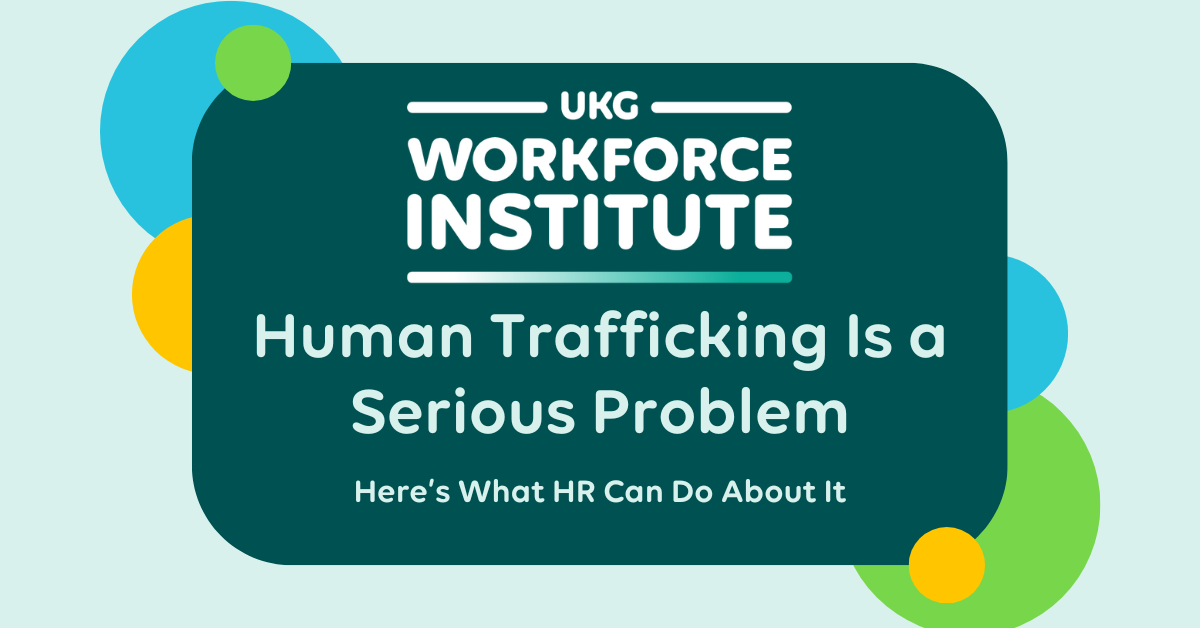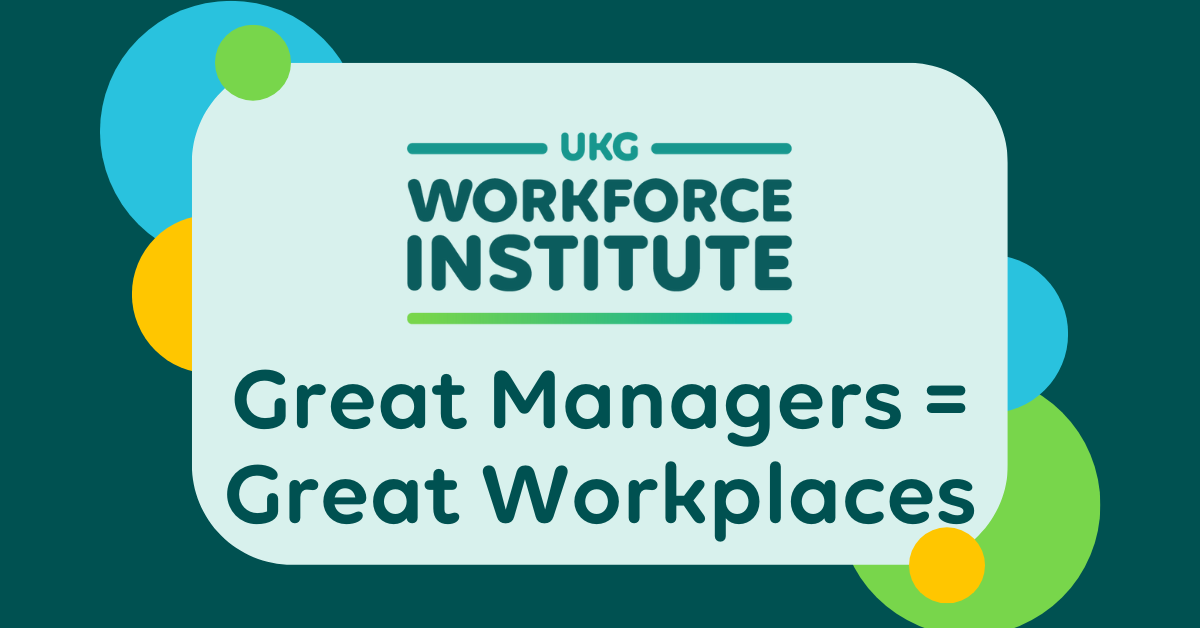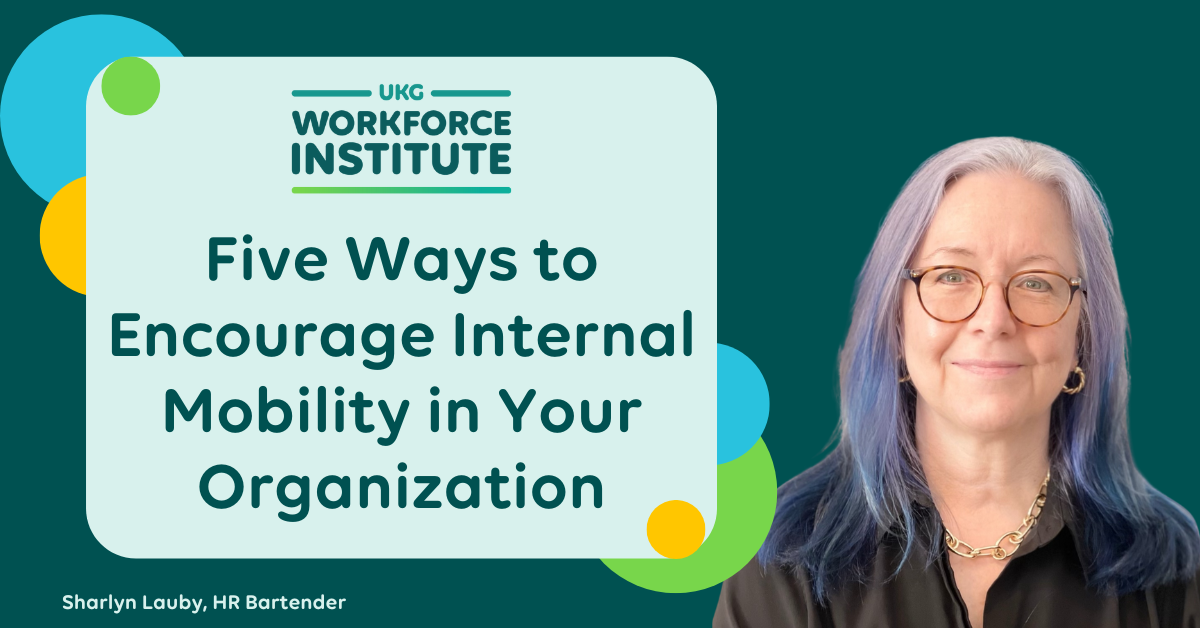Like every year, UKG unveiled its 2024 HR Megatrends at the end of 2023. This year’s Megatrends and predictions included what we’re calling, “The impending ESG gut check,” forecasting that companies will be held accountable for their initial diversity, equity, and inclusion (DEI) pledges.
Back in 2020, at the beginning of the COVID-19 pandemic and when worldwide outcry occurred in response to the murder of George Floyd, many organizations released statements committing to greater DEI efforts within their companies.
Fast forward to midway through 2021. We faced over $20 billion dollars in weather- and climate-related events in the U.S., just before NASA reported that the planet was now two degrees warmer than it was 100 years ago at this time, which would cause irreparable damage to the planet’s agricultural systems if serious action was not taken to slow greenhouse emissions.
This was followed by the reversal of the U.S. Supreme Court’s (SCOTUS) stance on the Roe v. Wade decision from the 1970s. Where Roe v. Wade made it legal for a woman to have a medically supervised abortion during the first two to three months of pregnancy for any reason, the SCOTUS reversal eliminated this as a constitutional right for women and left the legality of the procedure up to the states to decide. Within weeks after the SCOTUS decision, about 50% of U.S. states had partial or full bans on abortions penned and ready to enact.
This led organizations to release more statements, committing to being more responsible with our environment, supporting women and families seeking to end pregnancies in their travel and medical care, and advocating to their local and state officials for legislation that aligned with these commitments. And, just like that, DEI and ESG were feeling and looking like a long-overdue, sacred, unstoppable union to those of us from traditionally marginalized identities who were waiting and wanting corporations to wake up and wield their power to create more opportunity and protections for us.
That all came to a screeching halt with the 2023 SCOTUS ruling barring colleges and universities that receive federal aid from considering race as a factor in college admissions. Within weeks, several U.S. states moved forward with the process of removing their DEI offices and related curriculum from their state-funded college campuses. Private schools receiving state and federal aid either followed suit or made very deep cuts to the related budgets.
And, not too long after that, the same group who filed the lawsuit which led to SCOTUS barring affirmative action in college admissions filed another lawsuit against several law firms for using part of a federal grant for a fellowship program to employ interns and entry-level attorneys from underrepresented groups. This case is poised to reach SCOTUS in 2025 or 2026. If successful, it is likely to have a devastating impact on DEI workplace programming in both the public and private sectors.
Just like that, what felt so hopeful now feels hopeless. We went from being on the DEI and ESG train to “DEI must die” and “RIP to ESG” in under 12 months.
The organizations that have fully committed to DEI and ESG, and that are seeing their positive impacts, are confused on what to do next. The ones who were early in their commitments are paralyzed with fear of moving forward in the wrong direction. And the ones who were only just exploring the possibilities are ready to quit before they even begin, because the mountain feels too hard to climb.
Those, like me, in full-time DEI roles are being pummeled by the waves of organizational uncertainty. Loss of clients, layoffs, and position eliminations abound, because of the about-face and inertia happening at the corporate-leadership level.
So, what is the right course? To persist or to pivot? Do we accelerate or do we abandon?
The truth is: I can’t answer that for you.
I chose both. My role as Director of DEI was reduced from full-time employee to contractor in 2023, not long after the SCOTUS ruling. I continued to service existing DEI clients while searching for new opportunities and taking on short-term projects connected to people/culture/HR, but not centered in DEI. Eventually, the financial strain of this led me to return to full-time corporate work as a VP of People, where DEI reports to me. It’s not the vision that I had for myself — but it feels good and it’s doing good work. So, I can’t complain or fuss too much.
For you, I recommend these actions:
Name five things you learned about human interaction and connection that you didn’t know before you began this journey. Then repeat this for important historical events and figures relating to your community and/or industry and list how/if you would have learned these things without DEI and/or ESG principles.
Name five ways your DEI and ESG efforts have had a measured positive impact on your organization. Then name five ways your DEI and ESG efforts have had a measured negative impact on your organization. Repeat this for your employees and for your greater community.
Name the five worst things that could happen to your organization if you abandon your DEI and ESG efforts. Then ask yourself if you’re OK with these potential outcomes and explore how you could mitigate them without DEI and/or ESG principles. Repeat this for your employees and for your greater community.
Name the five best things that could happen to your organization from you abandoning your DEI and ESG efforts. Then ask yourself if these potential outcomes would be further helped or hindered by applying DEI and/or ESG principles. Repeat this for your employees and for your greater community.
If at the end of answering and reflecting on these questions, you can honestly say that your organization, your employees, your community, and you will at least be no worse off than before its DEI and ESG journey began, then developing a strategy and timeline to sunset your efforts is probably OK to do.
However, if at the end of answering and reflecting on these questions, you find that you, your employees, your organization, and/or your community would be set back or harmed by your failure to continue what you’ve started with DEI and ESG, then you have to find a way to keep going. Because the data determine there is too much riding on your efforts to just give up.
And, when we don’t know what to do and can’t trust anything else, in data we will trust.
I wish you success, joy, and peace on your continued DEI and ESG journeys, wherever they may lead you.



